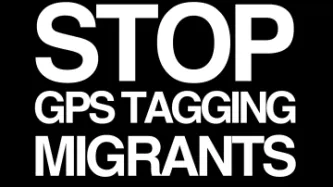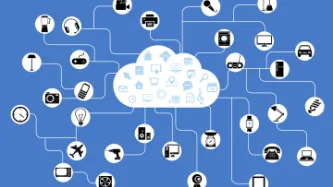Search Taxonomy Terms
Content Creators Working for the Algorithm
Creators who produce content for big online platforms, from video game livestreamers on Twitch to adult content producers on platforms like OnlyFans, often find themselves forced to share a lot of data, putting their privacy and security at risk while being given limited information as to how this data is being used.
Stop GPS tagging migrants
Fighting the GPS tagging of migrants in the UK's 'hostile environment'
Stop Spying on Asylum Seekers!
This was a campaign to take action with us and write to Priti Patel, the UK Home Secretary, to demand that the Home Office stops spying on asylum seekers through their 'Aspen Card' debit payment card. The campaign is now closed.
No Body’s Business But Mine
People all over the world share with menstruation apps their deeply intimate data - the date of their last periods, dates and details pertaining to their sex lives, their moods, their health. This data is being ruthlessly exploited and shared with third parties to target and profile people.
Unmasking Policing, Inc.
Governments are secretly collaborating with private companies. Here is why PI is concerned about surveillance outsourcing, and why together we urgently must expose them.
Advertisers on Facebook: who the heck are you and how did you get my data?
Investigating brands using Facebook for advertising, exposing how difficult it is to understand how our data's used and demanding Facebook make it easier to exercise our rights
Fighting the Global Covid-19 Power-Grab
In the rush to respond to Covid-19 and its aftermath, government and companies are exploiting data with few safeguards. PI is acting to ensure that this crisis isn't abused.
Privacy shouldn't be a luxury
Buying a brand new low-cost phone can leave you with an outdated operating system and exploitative apps.
IoT in Court
Exploiting new technologies that are in our homes and on our bodies as part of criminal investigations and for use as evidence, raises new challenges and risks that have not been sufficiently explored.
Investigating Apps interactions with Facebook on Android
We look at how apps are exposing peoples' activities and behaviours to Facebook.









